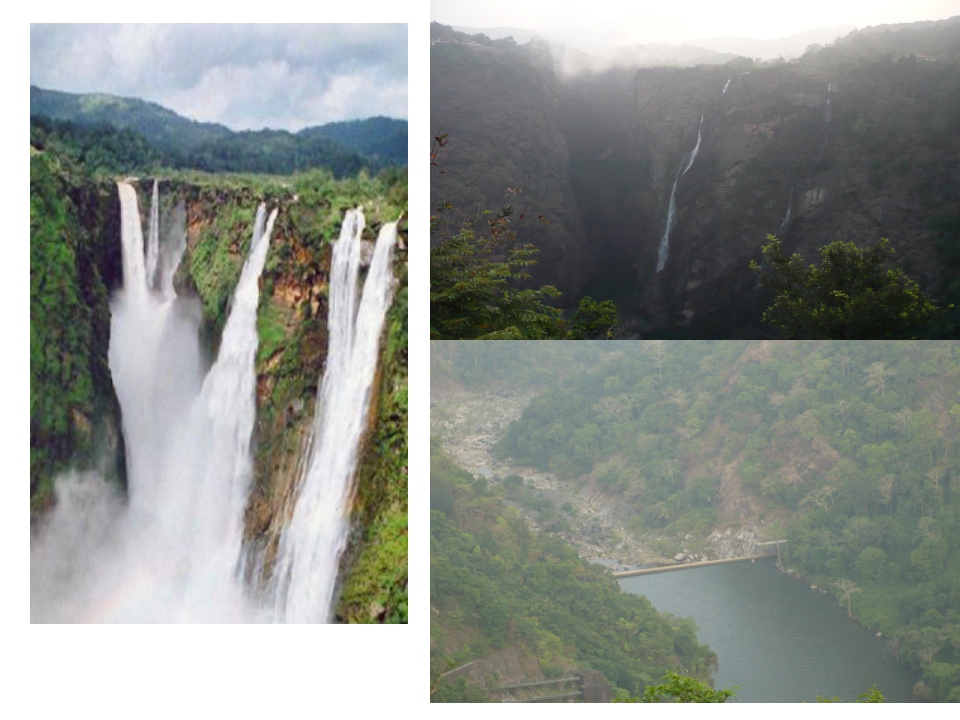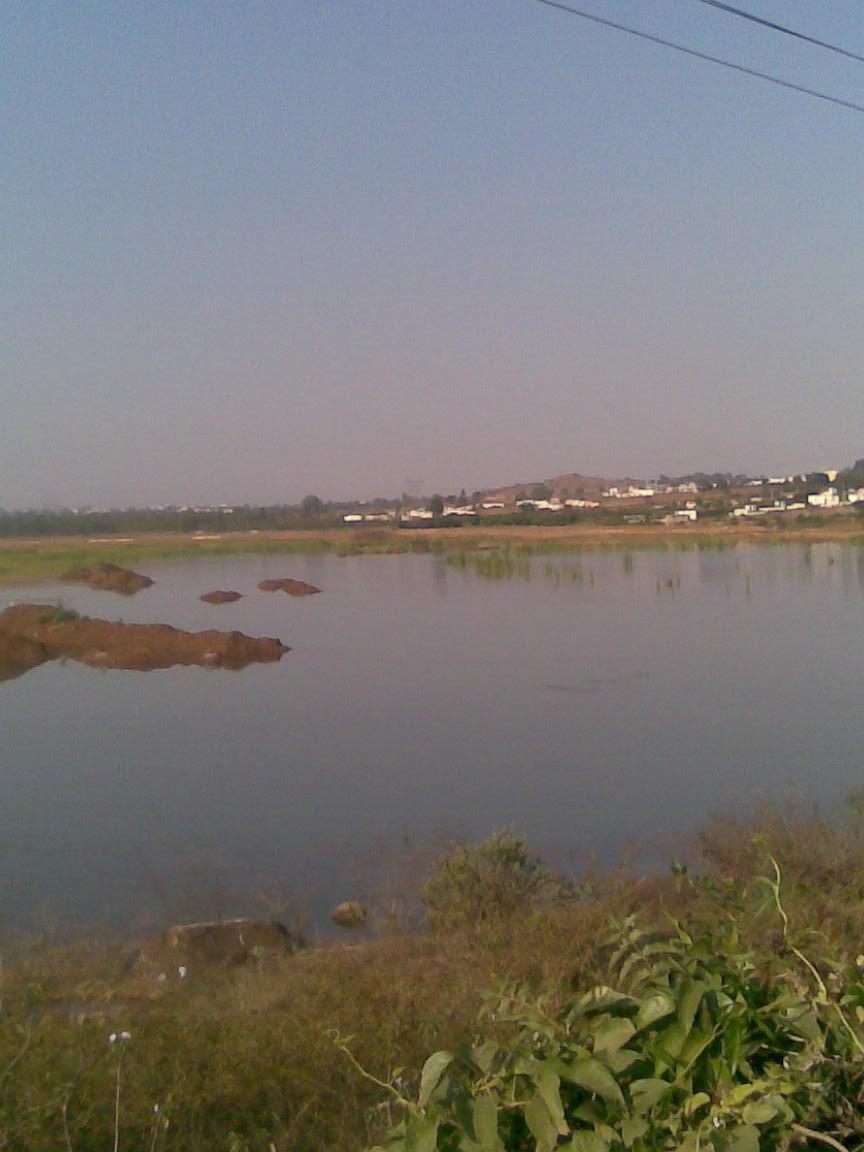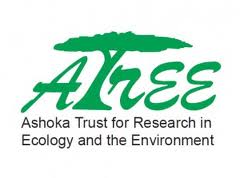/topics/ecology-and-environment
Ecology and Environment
"Citizens need to engage in critiquing environment impact assessments": Report of a workshop on environmental flows, organised by Himmothhan and International Rivers at Dehradun
Posted on 24 Jun, 2012 04:39 PMWhat do we see our rivers as? Are they merely conduits for water that is to be used to its fullest extent? Or are they valued and revered ecosystems? The Himmotthan Society, Dehradun and International Rivers, U.S.A., hosted a discussion a workshop on ‘Environmental Flows’ at Hotel Madhuban, Dehradun on 08 June 2012 that sought to clarify the issues around these questions.
A Primer on the What, Why and How of environmental flows, authored by Dr. Latha Anantha (River Research Centre, Kerala) and Parineeta Dandekar (South Asia Network on Dams, Rivers and People, SANDRP) and published by International Rivers, was shared with the participants. The presentations made during this workshop are presented in this article.
The legendary Jog falls are a shadow of their former self after damming (Courtesy: Dr.Latha Anantha)
Assessment of the environmental flows requirements for the Upper Ganga basin: A report by the World Wide Fund for Nature (India)
Posted on 22 Jun, 2012 02:27 PMThe Ganga is the most sacred river in the sub-continent, and revered by millions.It is also among the top ten rivers at risk. The key threat to the river is indiscriminate abstraction of water from the river, leavng it unable to maintain its ecological integrity or to satisfy the needs of riparian communities.
"Burning mountains": A first-hand account of the forest fires in summer in Uttarakhand
Posted on 19 Jun, 2012 06:38 AMForest fires occur with distressing regularity in the Himalayan states in the summer. This article presents some information of the scale of forest fires in Uttarakhand, and a first-hand account of their impacts.
Parched Himalayan villages - The need to restore traditional methods of water harvesting
Posted on 18 Jun, 2012 03:58 PMOn 6th March this year, the United Nations announced that the international target to halve the number of people who do not have the access to safe drinking water has been met, five years before the 2015 deadline.
"Rural voices: Unheard to empowered" Report of a conference held on 3rd May 2012 by IRRAD, Sesame Workshop India Trust and UNESCO at Gurgaon
Posted on 18 Jun, 2012 12:50 PMThe Institute of Rural Research and Development (IRRAD), Sesame Workshop India Trust and United Nations Educational Scientific and Cultural Organization (UNESCO) jointly organized a conference titled “Rural voices: Unheard to empowered”’ on the occasion of the World Press Freedom Day 2012 on 3rd May, 2012 in
Background information for the Twelfth Year Plan: Reports of the Planning Commission working groups
Posted on 16 Jun, 2012 04:53 PMThe Twelfth Five Year Plan of the Government of India commences during the year 2012-13. This plan has been developed following the recommendations of a number of Working Groups covering 26 different areas.
Land, water and local people - A case study of the Bangalore Mysore Infrastructure Corridor - A Masters' dissertation - Tata Institute of Social Sciences
Posted on 15 Jun, 2012 07:28 PM This thesis/report presents the findings of a study that was conducted for the fulfillment of the Masters degree at the School of Habitat Studies, Tata Institute of Social Sciences.
This thesis/report presents the findings of a study that was conducted for the fulfillment of the Masters degree at the School of Habitat Studies, Tata Institute of Social Sciences.
UNESCO-IHE Institute for Water Education invites applications for one month course on Water and Environmental law, Apply for scholarships by September 24, 2012, The Netherlands
Posted on 13 Jun, 2012 12:15 PM![]()
The UNESCO-IHE Institute for Water Education was established in 2003. It carries out research, education and capacity building activities in the fields of water, environment and infrastructure. UNESCO-IHE continues the work that began in 1957 when IHE first offered a postgraduate diploma course in hydraulic engineering to practising professionals from developing countries.
Learning objectives:
The key objectives of this short course are to understand how water and environmental resources can be managed sustainably, and what the advantages and disadvantages of different instruments and institutional approaches are.
SOPPECOM invites applications for Research Associate, Pune, Apply by June 22, 2012
Posted on 11 Jun, 2012 07:03 PM
Society for Promoting Participative Ecosystem Management (SOPPECOM)is a voluntary, non-profit organisation registered under the Societies Registration Act and its primary objective is to promote and help the rural population, especially those who are dependent on their immediate ecosystem resources like land, water and biomass resources for their livelihoods, in the self-management of these resources as part of a wider process of equitable and sustainable development
Description:
SOPPECOM, Pune, on behalf of Forum for Policy Dialogue on Water Conflicts in India, is looking for a Research Associate (RA) for its work on Right to Water and Sanitation in India (RTWS). Presently SOPPECOM is also anchoring the project activities of the Forum for Policy Dialogue on Water Conflicts in India and is one of the knowledge partners in the campaign around right to water and sanitation in India.
ATREE invites applications for Research positions for a 5-year project, in the Sikkim-Darjeeling Himalayas, Apply by June 20, 2012
Posted on 11 Jun, 2012 05:32 PM
Ashoka Trust for Research in Ecology and the Environment (ATREE) is a research organisation working on biodiversity conservation and sustainable development. The main focus is on applied science through research, education and action that influence policy and practice on conservation, management of natural resources and sustainable development.
Description: ATREE’s Northeast/Eastern Himalayas Programme has been working in the region for over a decade, focused primarily on action research seeking to reconcile conservation and livelihoods; supporting independent researchers and local organizations; enhancing local conservation action and improving livelihood opportunities; organisation building; capacity building of local organisations; and, improving the management of world biodiversity heritage sites in the region (Kaziranga and Manas) through the World Biodiversity Heritage Programme.





